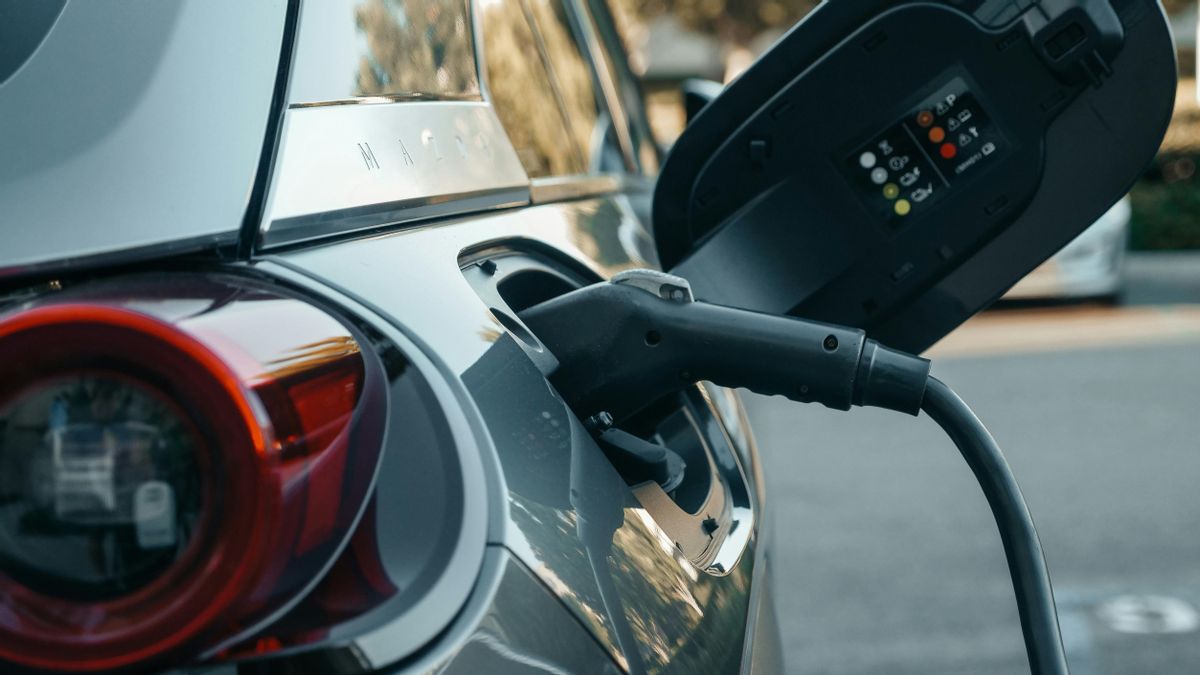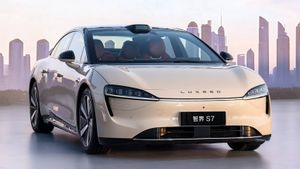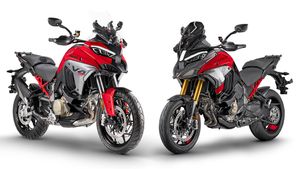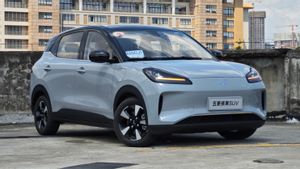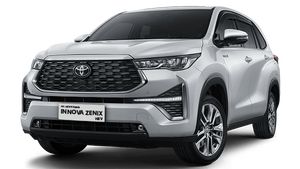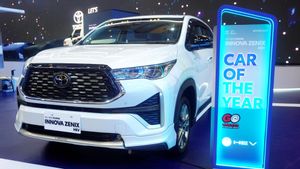JAKARTA - The European Automobile Manufacturers' Association (ACEA), which represents the interests of 15 major automotive brands based in Europe, including BMW, Ferrari, Mercedes, Renault, Volkswagen, and others, has raised the alarm over the steady decline in EV sales that has now turned into a sharp decline.
According to ACEA data, quoted from Autoblog, September 24, until this year, unit sales for pure EVs have fallen by 8.4 percent and this decline has been going on for some time. The situation is even more gloomy for hybrid vehicles, with sales down almost 14 percent compared to last year.
ACEA has asked European lawmakers to provide relief and reduce the burden of CO2 reduction laws on vans and buses that will come into effect before the new year. They also asked for a review of the light and heavy vehicle rules scheduled for 2026 and 2027, urging that this discussion be moved to next year.
European carmakers insist that they are committed to complying with the greening of European roads and manufacturing, and they claim to have the technology to do so. However, they argue that social change and critical policy decisions are not in line.
This may be a subtle critique of the slow and confusing progress in effective EV import regulation, especially when it comes to heavily subsidized automakers from developing countries like China. These countries have a competitive advantage in part because of lax environmental rules, which European manufacturers must adhere to.
SEE ALSO:
That may be just part of the concern. ACEA also reports that the entire EV market, not just the part controlled by its members, is in sustained and accelerating decline. The report cites several interrelated factors, including:
- Lack of charging infrastructure
- Inadequate green energy production
- Uncompetitive manufacturing legislation
- Purchasing incentives and tax structures for buyers
- Insecurity and uncertainty of access to raw materials, especially for batteries
- Poor economic growth
- Consumer acceptance of EVs
- Lack of consumer confidence in Europe’s commitment to developing infrastructure in a timely manner
These are significant challenges to overcome, and the legislation passed to transform Europe into a greener future was written before many of these challenges were fully understood. Covid-19 has hit the European automotive market hard, with sales still 18 percent lower than before the pandemic. Russia’s war in Ukraine has also shaken confidence in Europe, prompting many to return to familiar, reliable options rather than take risks on future technologies.
ACEA reports that only 16 percent of non-EV owners are considering switching with their next purchase, down from 18 percent three years ago. More worryingly, 20 percent of current EV owners are strongly considering returning to traditional combustion engines, despite Europe’s climate targets.
The English, Chinese, Japanese, Arabic, and French versions are automatically generated by the AI. So there may still be inaccuracies in translating, please always see Indonesian as our main language. (system supported by DigitalSiber.id)
